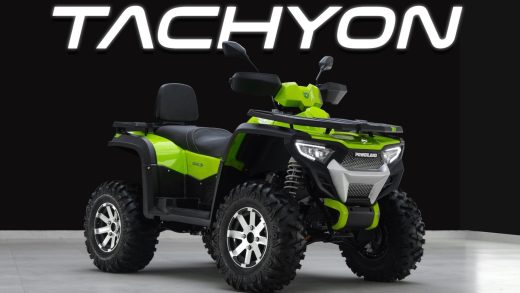The Eclipse Foundation surveyed 1,717 individuals about their perceptions, priorities, and requirements surrounding the Internet of Things. Now the data is in and the results are out and available for your perusal.
What are the key findings? How fast are IoT platforms growing and what should we expect next?
This year received the most amount of responses yet, tripling the number from last year. Without further ado, let us take a look at the data from the fifth annual IoT Developer Survey 2019.
Growth & security
Two-thirds of survey respondents currently are working on IoT projects that they expect to be ready in the next 18 months. According to the Eclipse Foundation:
IoT development is expanding at a rapid pace, fueled by the growth of investments in predominately industrial markets.
A total of 80% of respondents are active, in some way, in IoT. Either they develop solutions at work, develop at home as a hobby, or research IoT solutions.
SEE ALSO: Collaborative specification development for the Eclipse Foundation
IoT developer concerns remain the same as last year’s results. Security is the number one Internet of Things concern, followed by connectivity, and then data collection and analytics. In order to keep up on security, virtualization plays a strong role.
The top 3 security technologies, according the report, are:
- Communication security (38%)
- Data encryption (38%)
- JSON Web Token (or equivalent) (26%)
Top IoT tools
What tools make up the Internet of Things ecosystem? Here’s what developers are using:
Top operating systems
(This top three comes from aggregating device and edge notes and excludes Linux.)
- Windows
- FreeRTOS
- No operating system
Despite not breaking into the top three this year, Huawei’s LiteOS grew a bit and showed the most growth out of every OS (from 2% to 5%). As the largest smart phone brand in China gains popularity internationally, this number may continue to edge its way upwards in next year’s survey.
SEE ALSO: Top Python use cases: Bringing machine learning to the enterprise
Meanwhile, Linux takes the majority lead with 76% of edge and gateway nodes, followed by Windows with 52%.
The good news for Linux continues to arrive; it was voted the third most influential IoT organization with 43% of the votes. (Eclipse Foundation ranks as number one and Apache Software Foundation comes in as the number two most most organizations for the Internet of Things.)
Top IoT IDEs/text editors
- Eclipse Desktop IDE
- Visual Studio Code
- Notepad++
In particular, Video Studio Code saw a rise in popularity. Last year it clocked in 23% of respondents using it; this year it rose to 32% of respondents.
Most used programming langues
Constrained devices: C, C++, Java, JavaScript
Gateways and edge nodes: Java, Python, C++, C
IoT Cloud: Java, JavaScript, Python, PHP
Programming languages differ depending on the use case or OS, with some overlap favoring C, Java, and Javascript.
What will the future hold for the Internet of Things? One thing is certain from these numbers: its usage continues to grow and expand.
Read through the key findings for yourself and get a taste of what’s happening in the fast-paced world of IoT development.
The post Eclipse IoT survey 2019: IoT development continues to expand appeared first on JAXenter.
Source : JAXenter











